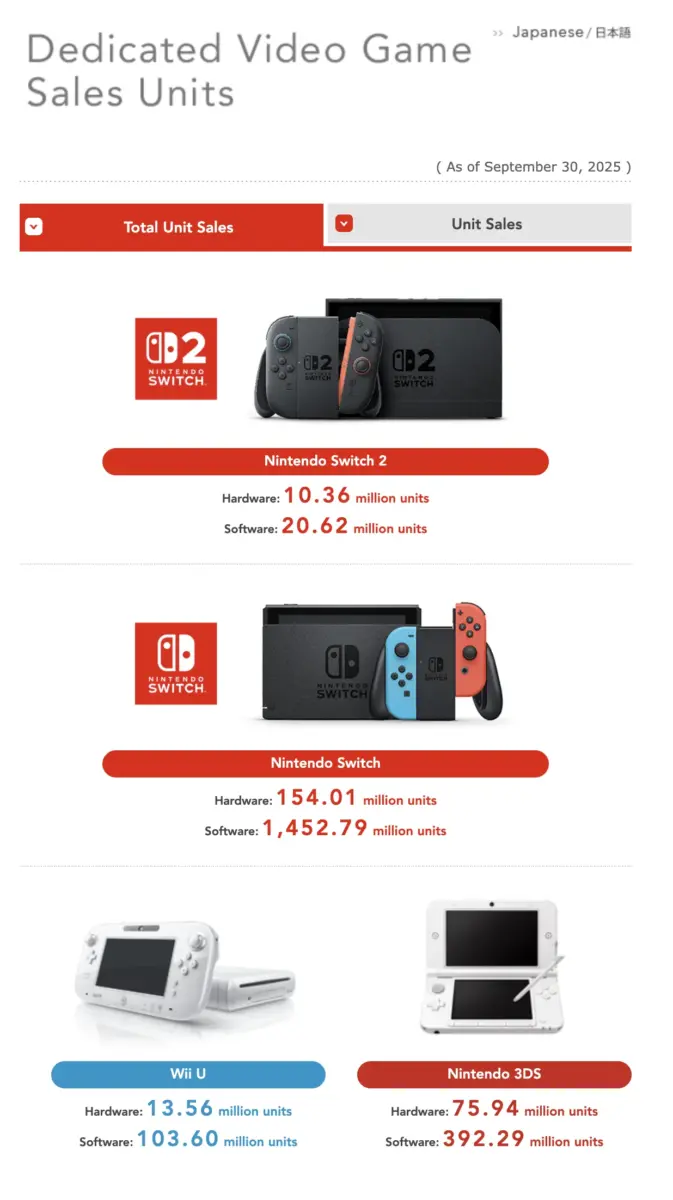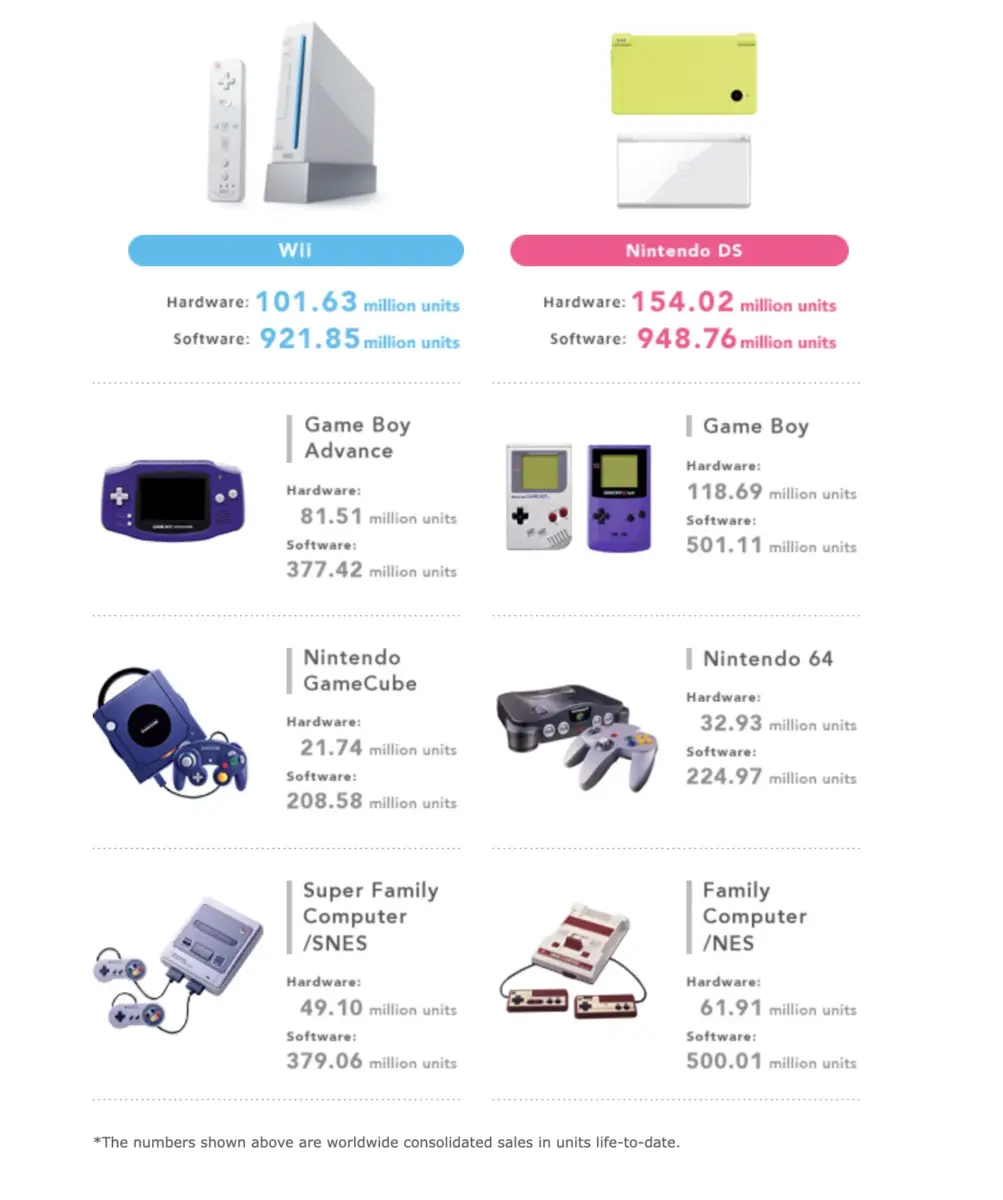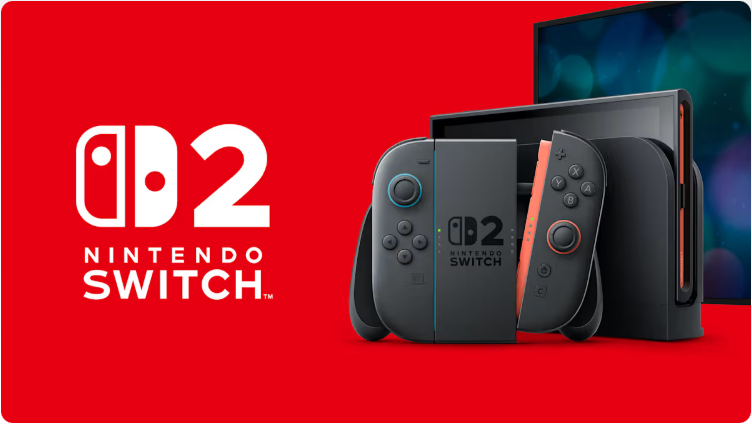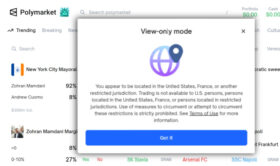While it’s been known for a while that Nintendo’s Switch 2 console has been a massive success, the scale of it is now coming into sharper focus as it becomes easier to compare how it’s been selling against consoles of the past. Not only has the Switch 2 currently outsold the original Switch in a comparable timeframe, but it’s also outpaced both the PlayStation 4 and the PlayStation 5.
In fact, the success of the Switch 2 has been so pronounced that Nintendo revealed in its financial results for the first half of the year that it has increased its financial expectations for the year as a whole.
Switch 2 vs other consoles – the numbers
Releasing on June 5th 2025, Nintendo’s financial report which covered up to September 30th. In that window of under 4 months, the Switch 2 had sold 10.36 million units. Within the same timeframe, the original Switch had sold 4.7 million units, the PS4 7.5 million and the PS5 7.8 million units.
This is a far cry from the Wii U – which is often considered to be Nintendo’s least successful major console (other than major flops like the Virtual Boy) – which sold 13.56 million units across its whole lifespan, a figure the Switch 2 could overtake within a few months.


At this pace, their latest console might be on-track to become their most successful, though it would have to top the lifetime sales of the Nintendo DS – which sits at 154.02 million units sold (10,000 higher than the original Switch).
Nintendo’s time at the top
Nintendo has always been a massively successful and enduring staple of the gaming landscape, but this runaway success comes at a time when gaming is more expensive than ever, which arguably makes it even more impressive – showcasing the kind of priority that Nintendo products have in the minds of consumers.
Yet Nintendo is also famously very protective of its brand, recently pursuing a streamer who livestreamed pirated games early and partaking in a lengthy and very public dispute with Palworld creators Pocketpair, which has recently suffered setbacks.
It’s unclear to what extent this protectiveness is to credit for Nintendo’s success, but it’s clear that audiences feel as though it’s capable of offering something that they can’t find through other consoles, mobile or PC gaming, meaning that in some ways it’s understandable why Nintendo wants to cling on tightly to everything under its umbrella.






